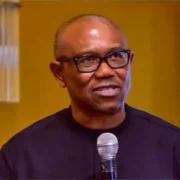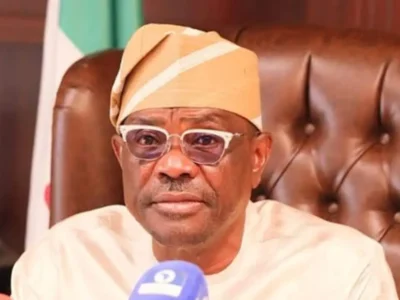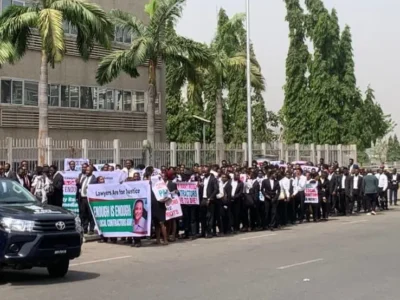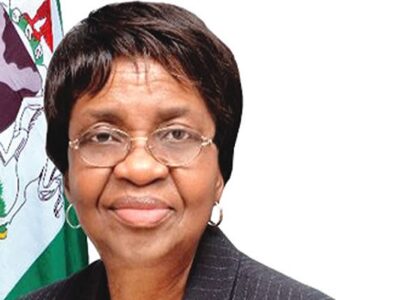The Minister of Information and National Orientation, Mohammed Idris, has urged journalists across the country to show greater dignity and sensitivity in their reporting of fallen military and security personnel.
Idris made the call on Monday at the National Symposium on Digital Innovation in Crisis Communication, organised by the Centre for Crisis Communication (CCC) in Abuja.
Represented by the Director-General of the Voice of Nigeria (VON), Jibrin Ndace, the Minister reminded the media that every officer who pays the supreme price is “not just a statistic, but someone’s child or spouse.” He said journalists must rally around the national flag in moments of crisis and adopt a reporting approach that supports public safety and national cohesion.
Idris also highlighted the growing impact of technology on modern communication, noting that while digital tools offer immense opportunities, they also pose serious risks when left unregulated.
“As digital platforms evolve, propaganda, disinformation and harmful narratives escalate during emergencies, posing a grave risk to public order and national security,” he warned.
He stressed that the framing of insecurity in the media significantly shapes both national perception and Nigeria’s global image. According to him, strengthening crisis communication through technology is essential for improving early-warning systems, enhancing interagency coordination and ensuring the timely delivery of life-saving information.
The Minister commended the Centre for Crisis Communication for organising what he described as a timely and strategic forum, especially in an era defined by rapid and complex information flows.
Speaking earlier, the Chairman of the Centre, Major General Chris Olukolade (rtd), said crisis communication has evolved into a strategic national security asset. He noted that contemporary emergencies—driven by climate change, public health issues, cyberattacks, insecurity and online-amplified social tensions—now unfold in real time, demanding equally swift and dependable communication responses.
Olukolade emphasized that traditional communication tools are no longer sufficient, pointing to artificial intelligence, mobile alerts, big data and real-time monitoring systems as essential technologies for detecting early warning signs, combating misinformation and improving institutional coordination.
He warned that inconsistent messaging and fragmented information flow weaken national resilience, urging stakeholders to embrace innovation and strengthen collaboration.
“The future of crisis communication depends on our ability to adopt technology-enhanced solutions and work together to build a more responsive system,” he said.
Participants were encouraged to engage critically and contribute fresh ideas to help shape Nigeria’s evolving crisis communication strategy.




















Comments